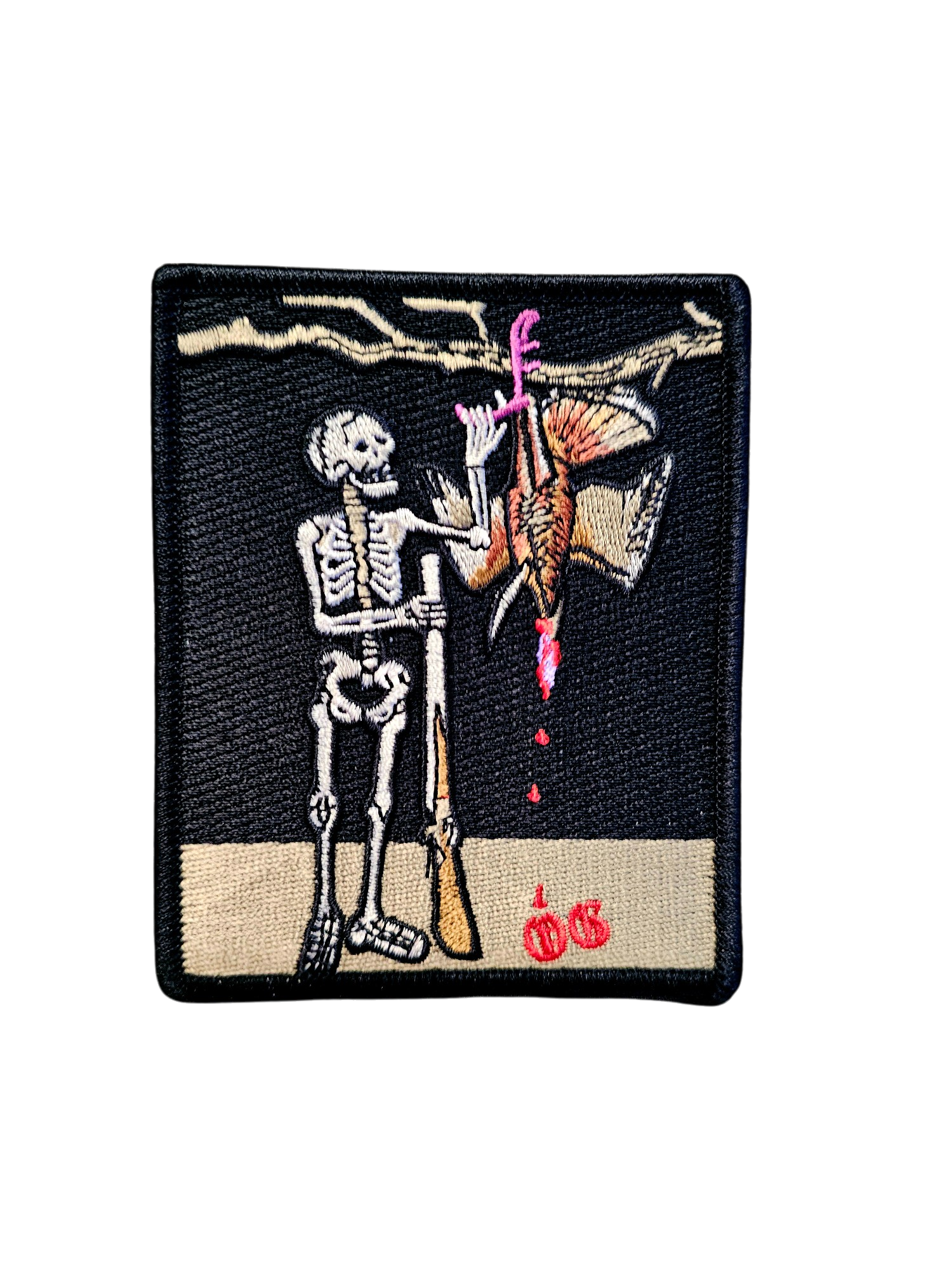        |
"Call shy" and "Educated" - Fact or Fiction?Started by redleg06, February 24, 2012, 12:30:52 PM Previous topic - Next topic
User actions
|
        |
"Call shy" and "Educated" - Fact or Fiction?Started by redleg06, February 24, 2012, 12:30:52 PM Previous topic - Next topic
User actions
|